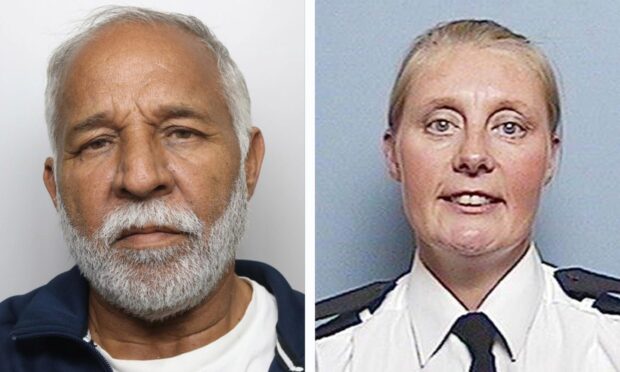Police criticised as sheriff rules Aberdeen man’s death in custody ‘likely’ avoidable
Top block
Naked man seen running down A96 in Elgin hospitalised after being hit by HGV
Premium Content
The busy road was closed for several hours due to the collision.
Peter Leven on emergency operation drama – and how Dons fan interrupted Aberdeen interim boss making sub from hospital bed
Interim gaffer Leven was admitted to hospital for urgent surgery last Friday on the eve of the victory over St Johnstone.
Former Aberdeen restaurant boss jailed for policewoman’s murder
Premium Content
Piran Ditta Khan, who led a gang of armed robbers, was locked up for his role in the shooting of Pc Sharon Beshenivsky almost 20 years ago.
Inverness man accused of ‘breach of the peace’ standoff with armed police
Premium Content
Allan Craig appeared in private at Inverness Sheriff Court following an alleged incident at Kenneth Street on Thursday afternoon.
‘Failing Fort William’: Five of town’s buildings reach crisis point
Parent raises fears over secondary school as water runs down walls and cladding falls from roof.
Academy Street: Court of Session legal challenge could fall at first hurdle
The owners of the Eastgate Centre have raised an action in the Court of Session.
P&J Run Fest
Were you part of P&J Run Fest? Find all the runners and times here
Sport
P&J investigations
Our latest court reports
More from our crime and courts team











































